- Home
- Private Parking Fines
- How to challenge a Penalty Charge Notice (PCN) and Win
How to challenge a Penalty Charge Notice (PCN) and Win
This guide gives you tips on how to challenge a penalty charge notice to increase your chances of getting yours cancelled and save up to £160.
Challenging your penalty charge notice with Parking Mate UK is easy, we will provide you a legal penalty charge appeal letter and appeal instructions to increase your chance of winning, all for £4.99.
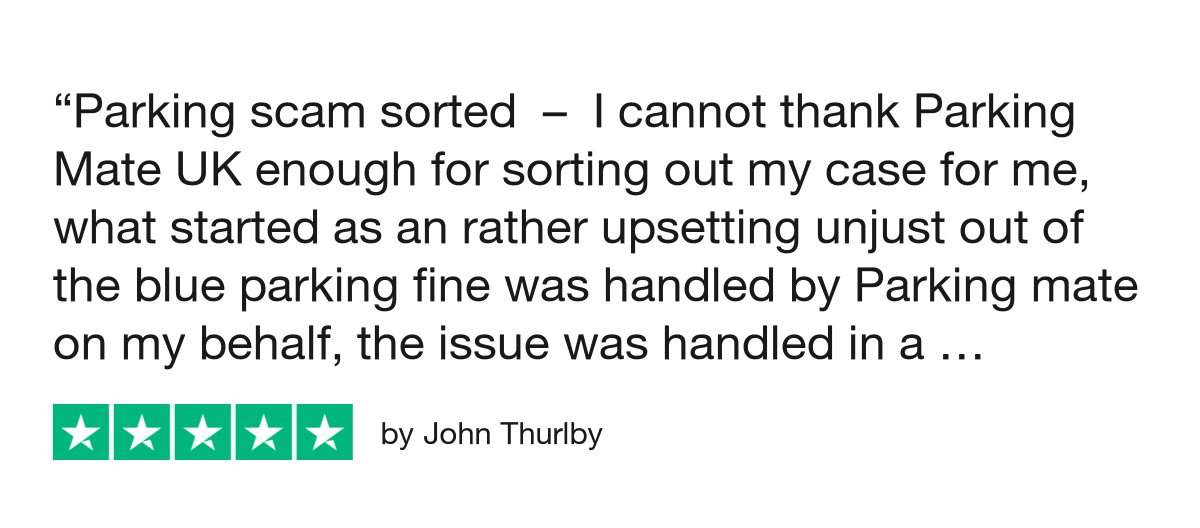
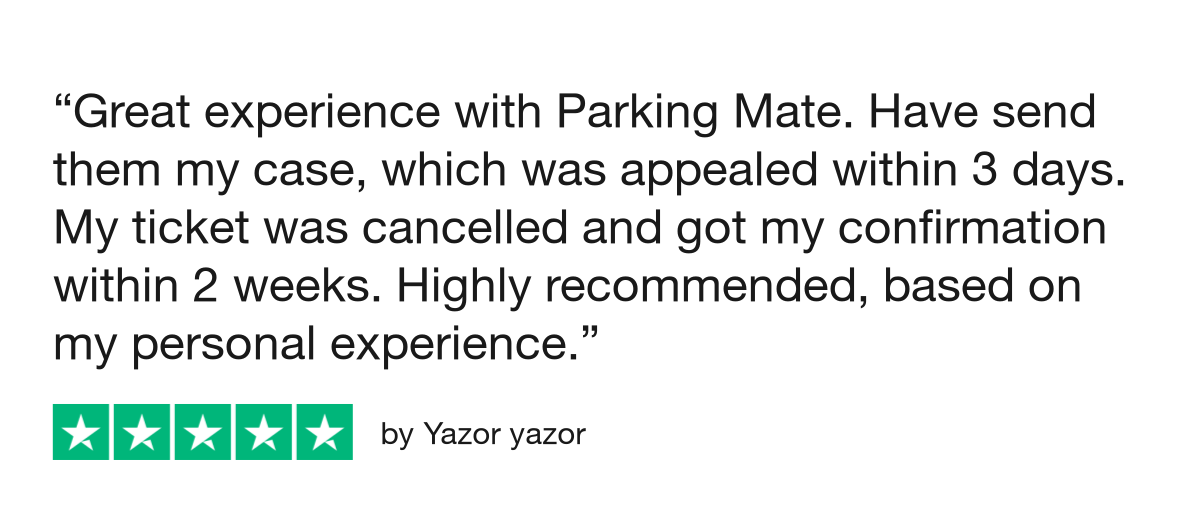

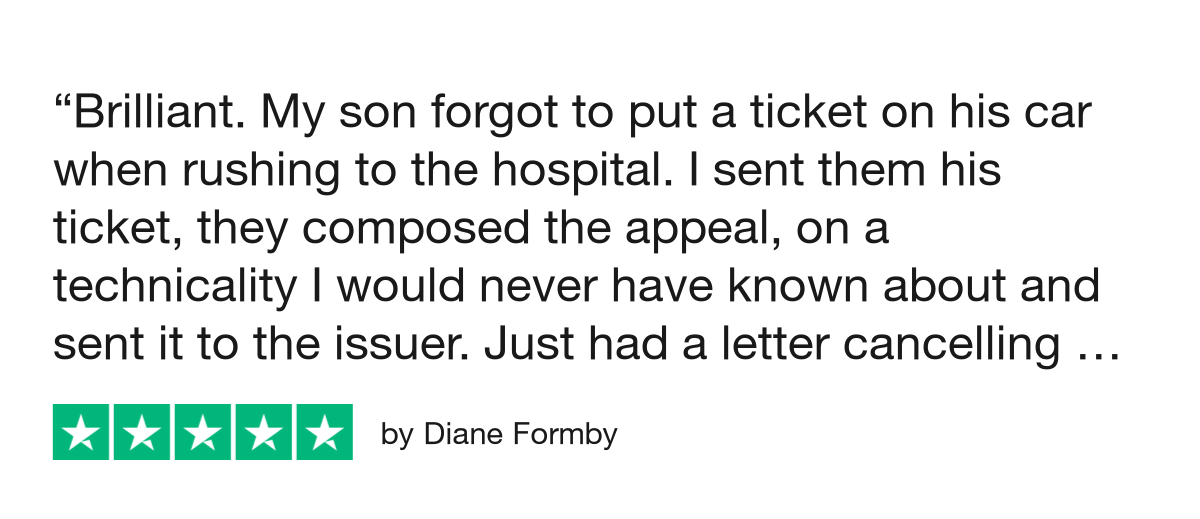



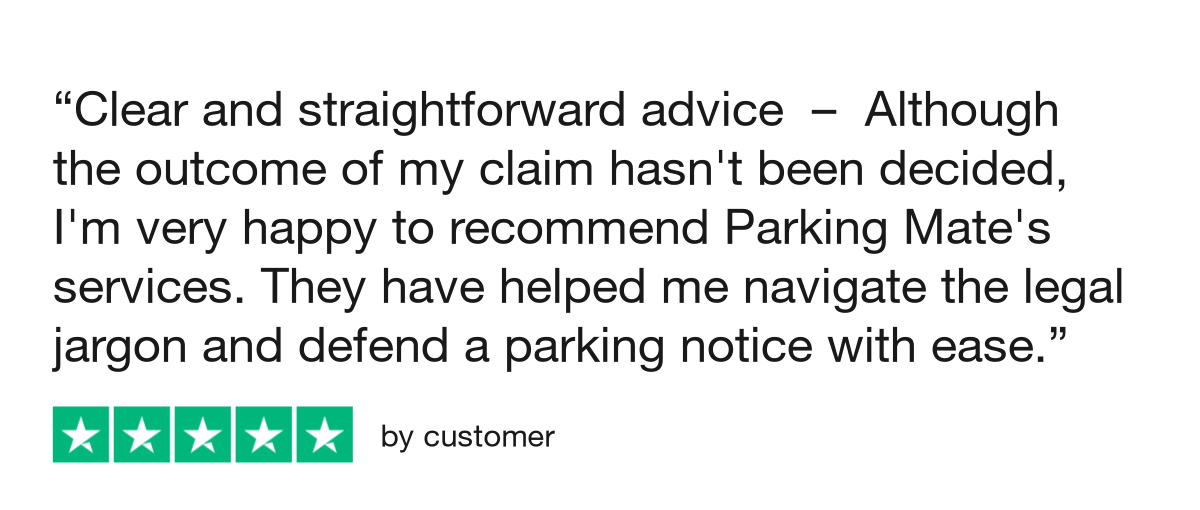
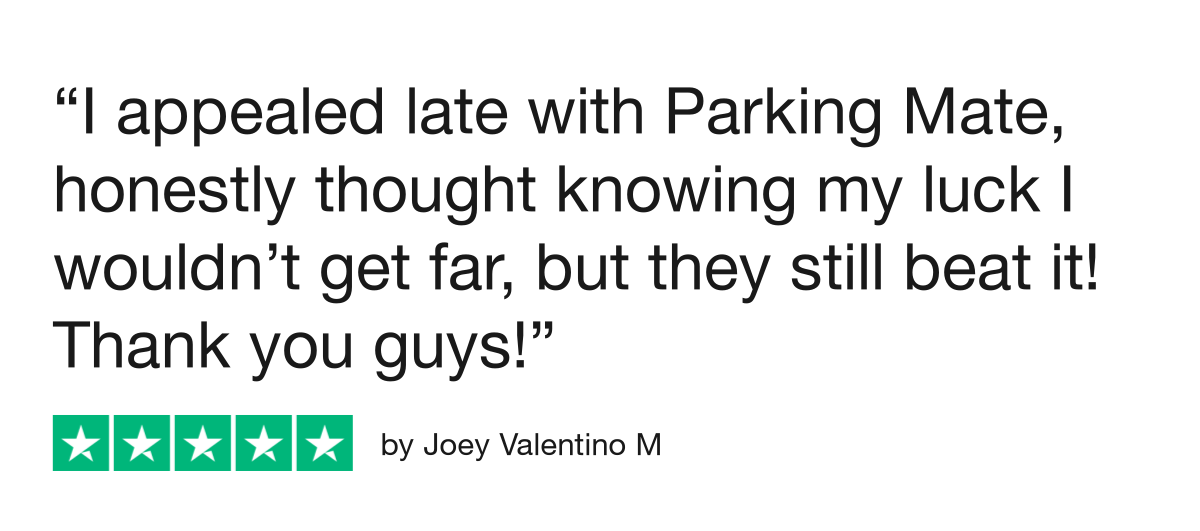
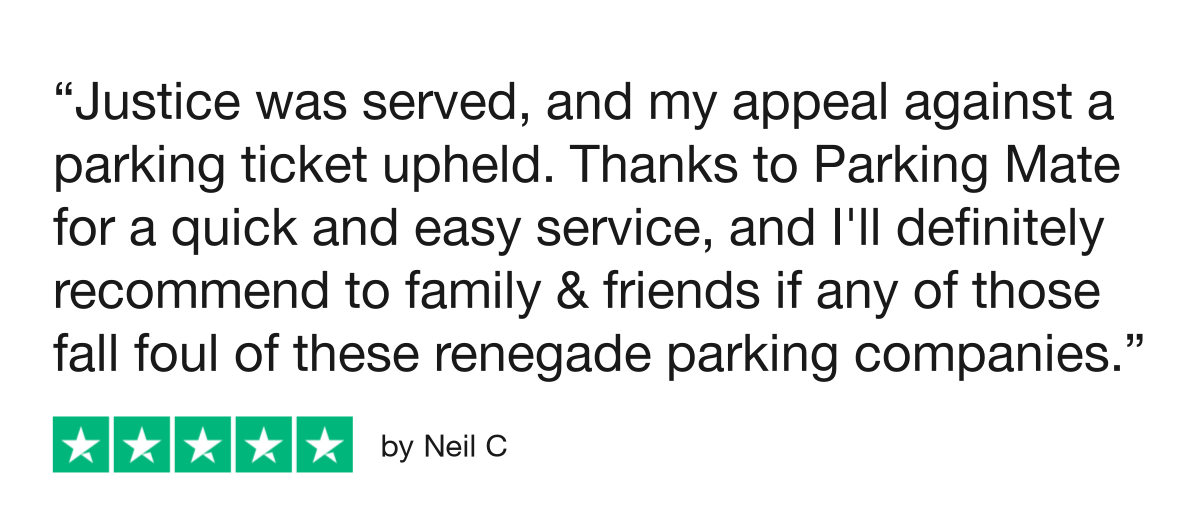

Penalty Charge Appeal Guide
Why are Penalty Charge Notices issued?
A Penalty Charge Notice is issued by local authorities as a way to enforce traffic and parking regulations.
Generally, a penalty charge is issued because the council BELIEVES that a contravention has occurred, for example going against a ‘no right turn’ sign or driving in a bus lane. not paying the charge for the London congestion zone.
They are meant to deter drivers from breaking these rules, but sometimes situations arise where a Penalty Charge Notice is issued unfairly. In these cases, it is important for drivers to know their rights and how to challenge an unfair Penalty Charge Notice.
In this article, we will discuss the how to use exemptions, bad signage, defective penalty charge notices to get out of your PCN and how you can use the adjudicator at the tribunal as your own personal lawyer to do the hard work for you.
Every penalty charge notice issued by the council must be issued correctly and we will help you check for any mistakes that could make the penalty charge unenforceable.
For example:
- Penalty Charge Notice must be issued correctly according to the law
- Notice of Rejection must address your appeal and provide clear tribunal instructions
- Charge Certificate could invalidate the whole PCN if issued during the appeal
In addition, the council must:
- Have clear signage to enforce the penalty charge notice
- Have a valid traffic management order to place the signs needed
- Make sure that the signage is lawfully place according to TSRGD 2016
And if your appeal fails at the tribunal, we will gladly refund your fee with our No Win No Fee guarantee.

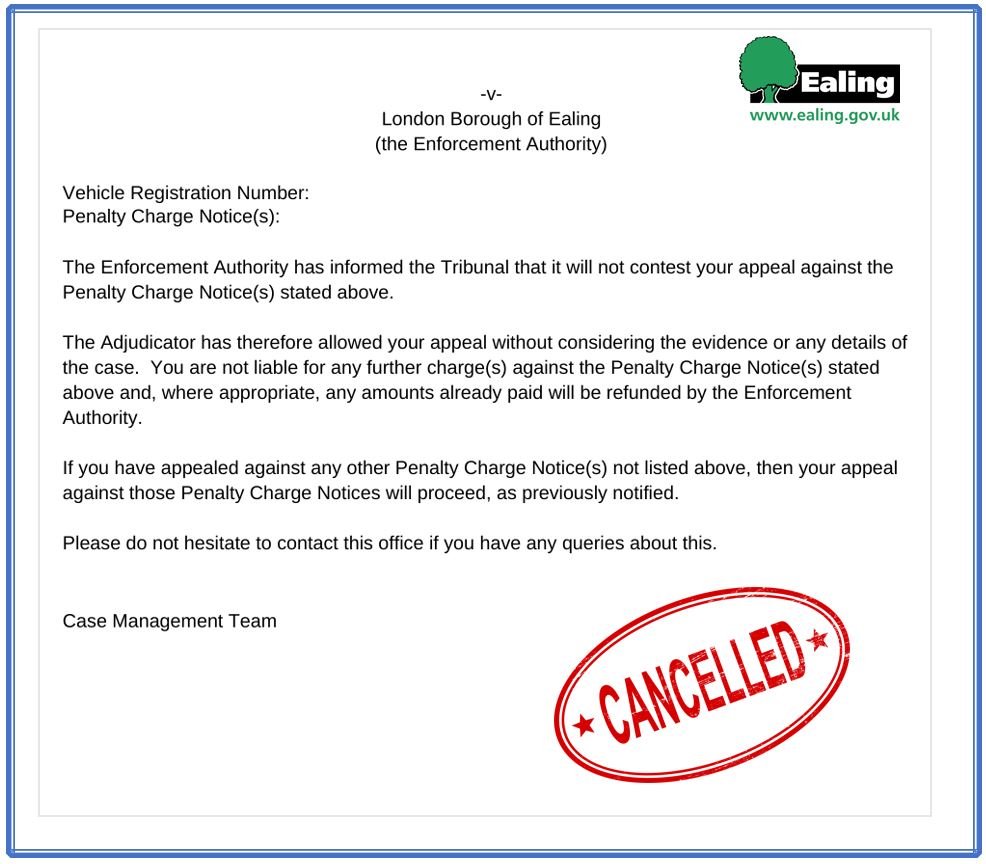
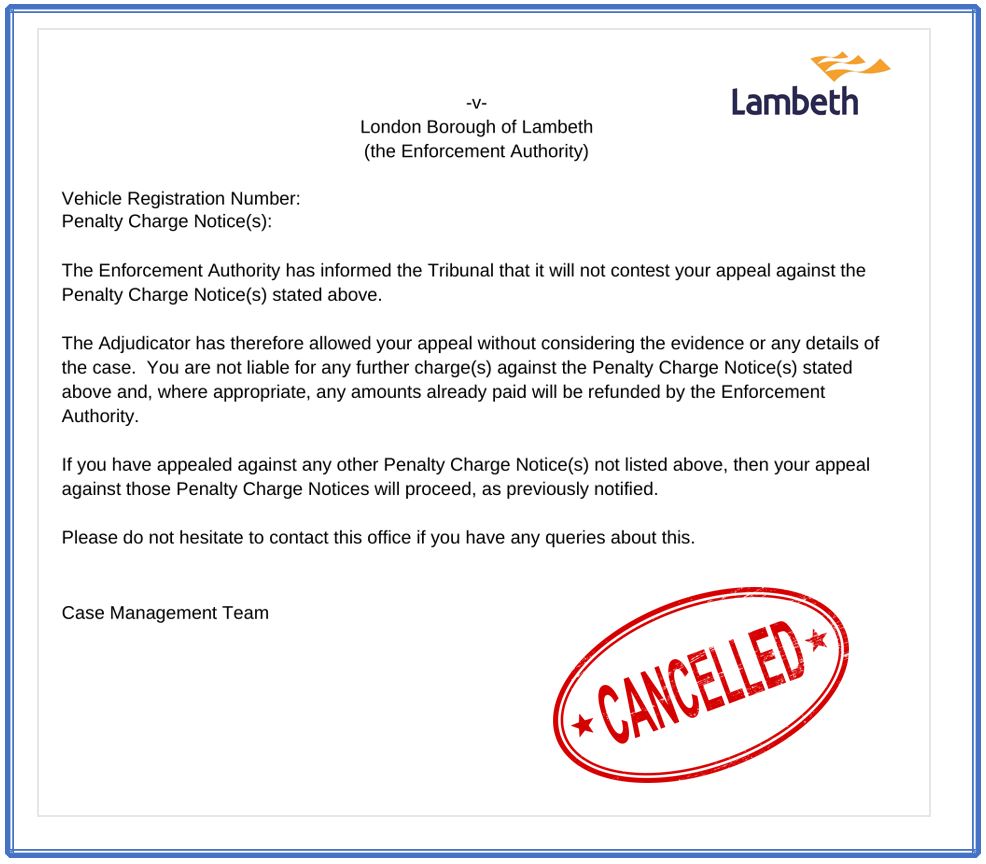
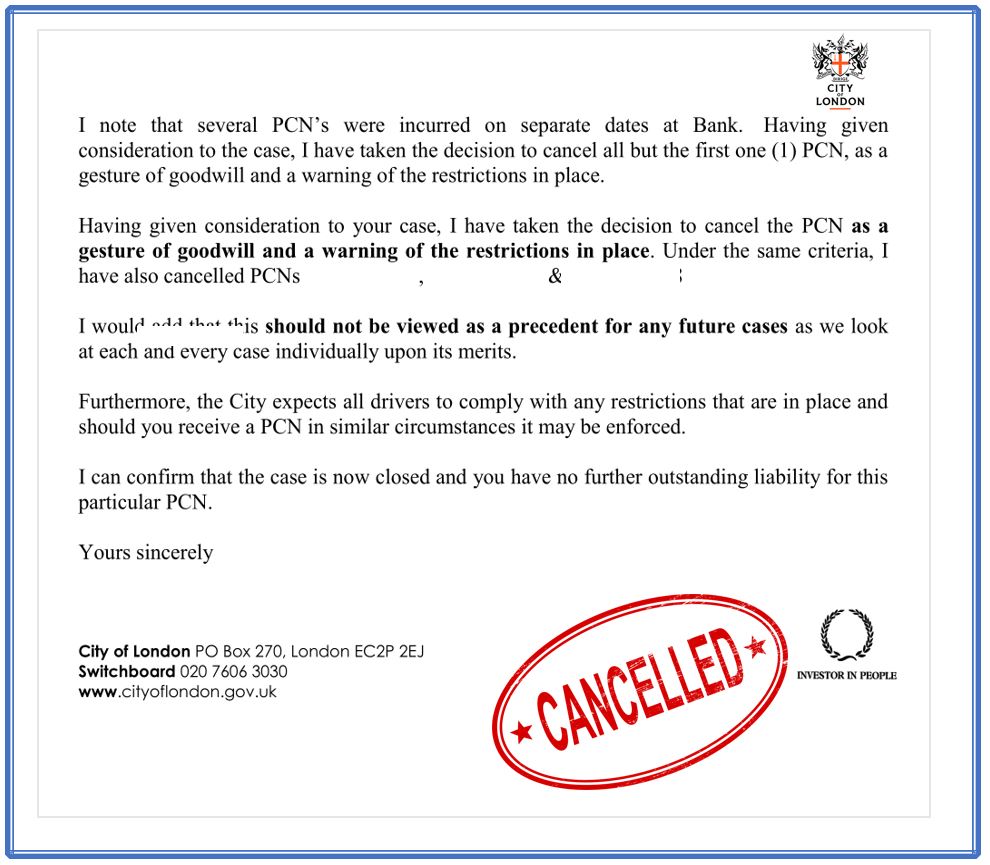
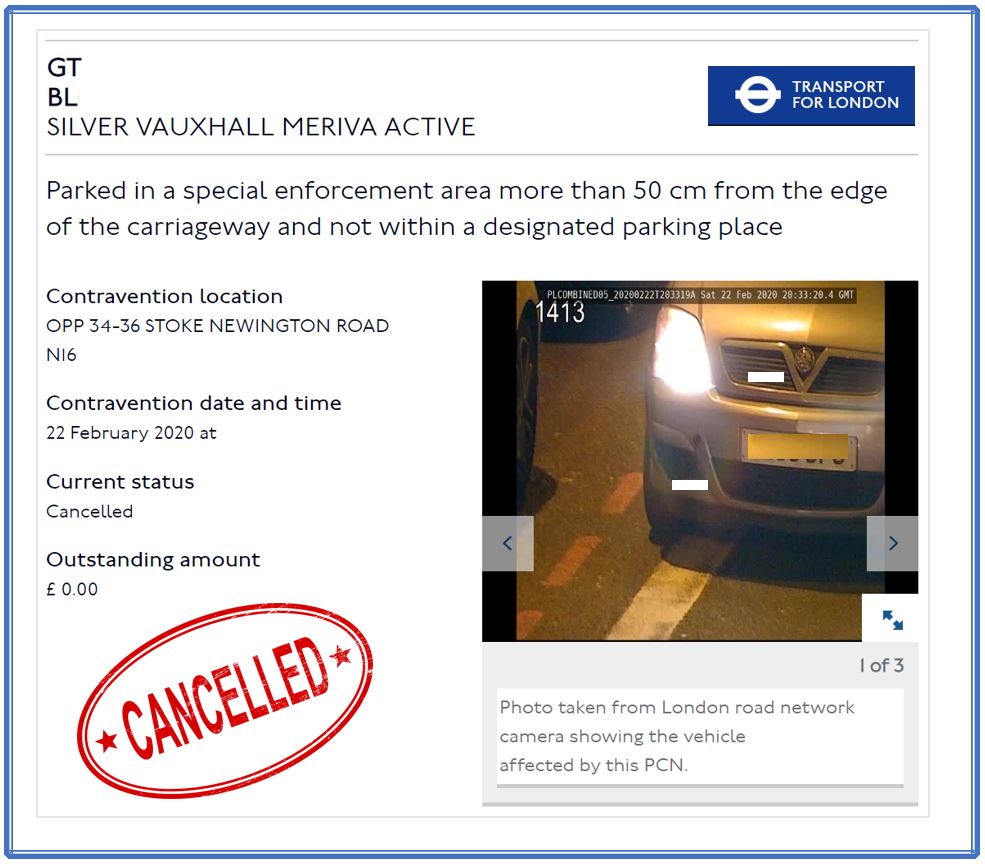
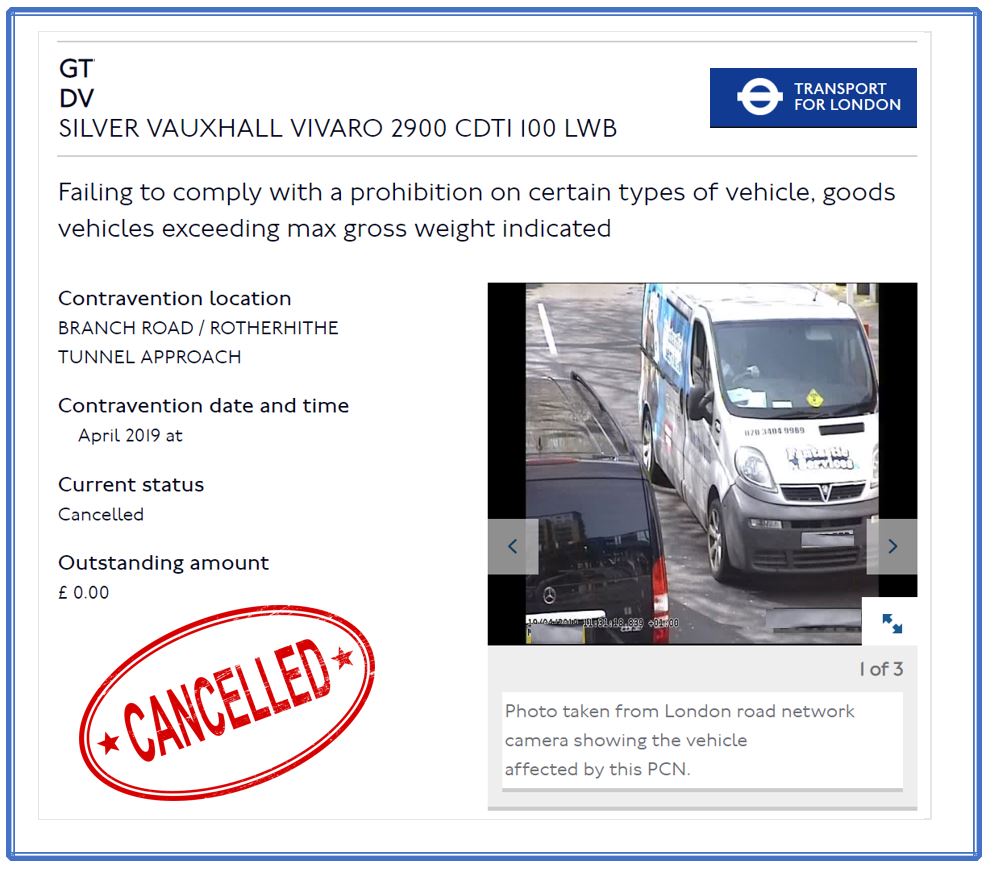
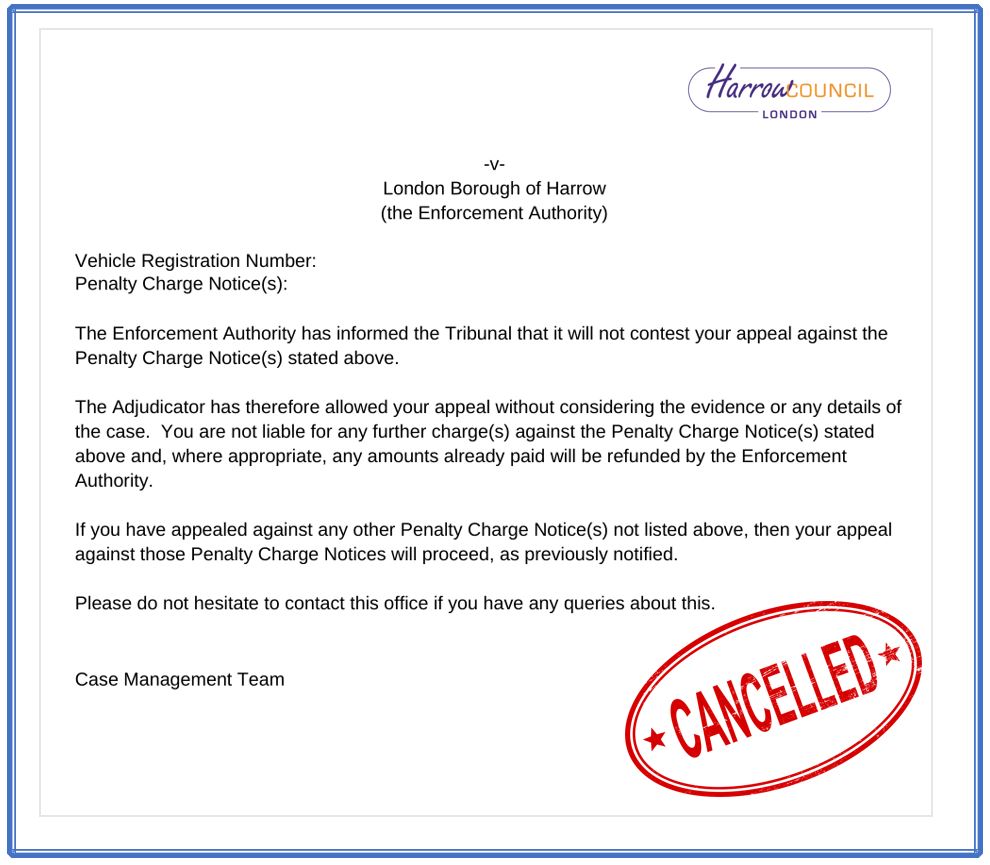
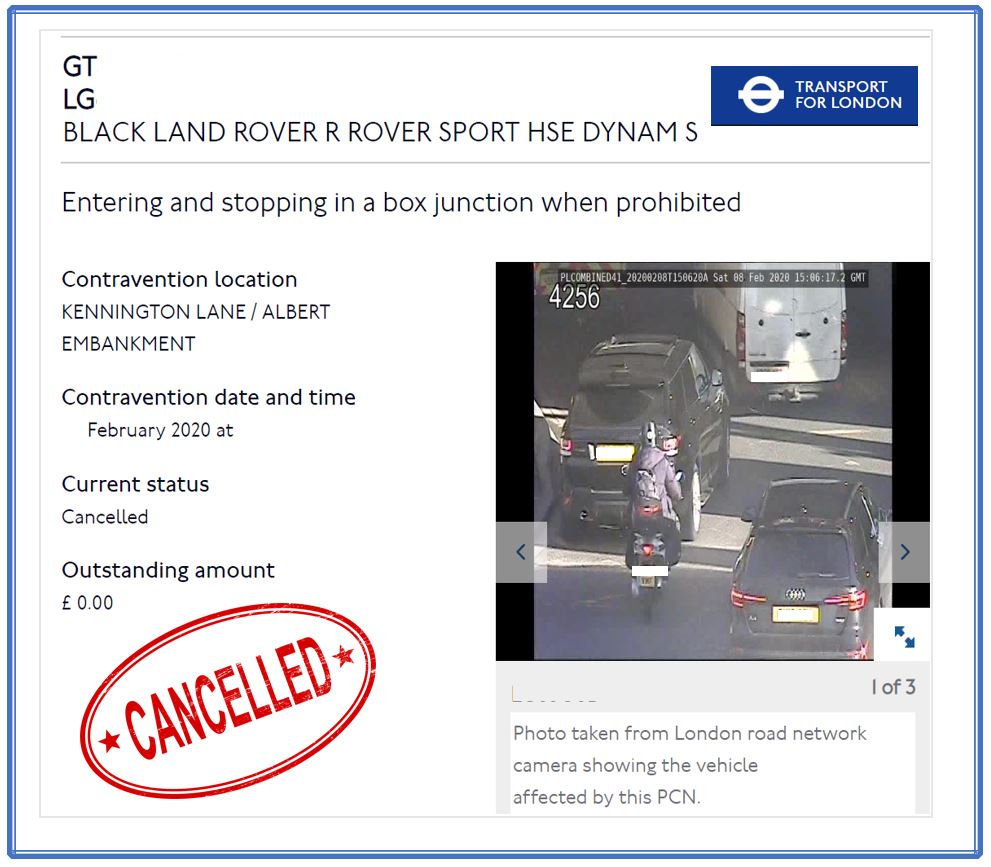
Types of Penalty Charge Notices
Penalty Charge Notices can be issued for a variety of reasons, and it is important to understand the different types to know how to best approach challenging them. There are generally three types of Penalty Charge Notices:- On-street parking enforced by Civil Enforcement Officers
- Moving traffic contraventions enforced with cameras
- Off-street parking in private council car parks.
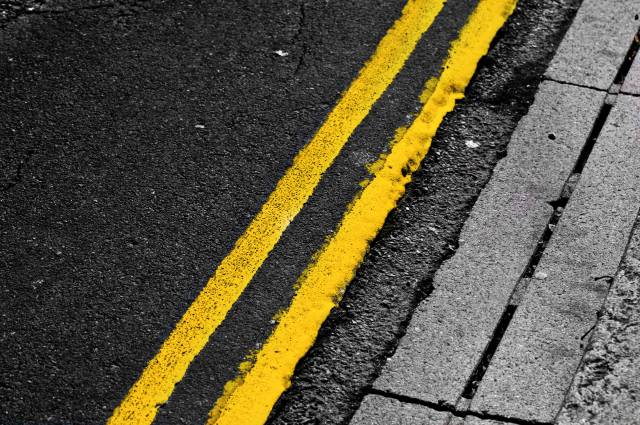
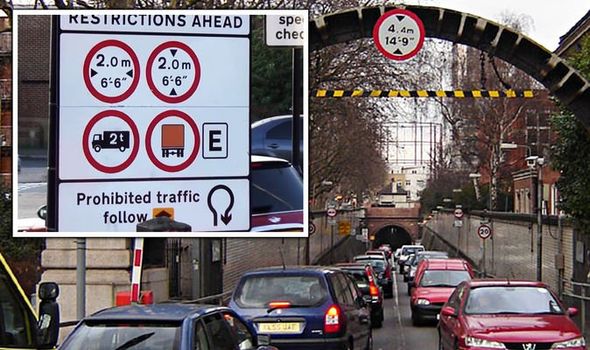

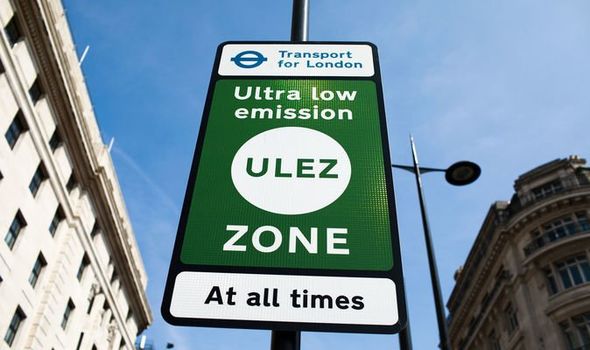
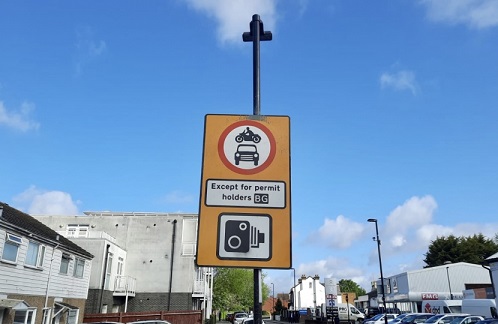

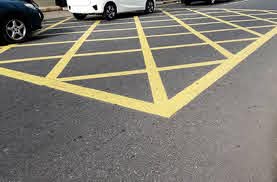
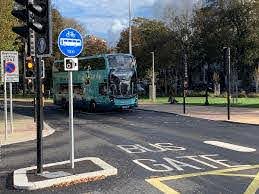

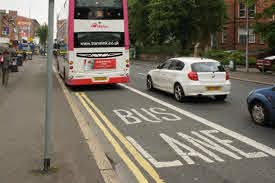
On-Street Penalty Charge Notices are issued for parking contraventions on public roads, such as parking in a restricted zone or overstaying the allotted time limit in a parking bay.
Moving traffic Penalty Charge Notices are issued when a driver is caught committing a moving contravention, such as driving in a bus lane or making an illegal turn. These types of Penalty Charge Notices are typically captured by CCTV cameras and will also include photo evidence.
Off-street Penalty Charge Notices are issued for contraventions in private council car parks, such as shopping centres or supermarkets.
How to challenge your penalty charge notice
First and foremost, challenging a Penalty Charge Notice is your right as a motorist, plus if the appeal is successful, you will not have to pay anything.
By lodging an appeal, the amount of the penalty charge is also frozen and sometimes the council will even offer the discount amount if they reject your appeal.
Just one per cent of ALL the Penalty Charge Notices issued in London result in an appeal being lodged to the independent adjudicators at London Tribunals.
If you believe that the Penalty Charge Notice was issued unfairly or incorrectly, then you have the right to challenge it.
Moreover, by appealing you get the following benefits:
- You have the chance to avoid paying the penalty charge notice
- The amount will be FROZEN at the rate it was when you appealed
- You avoid the potential consequences, such as increased penalties or legal implications
- The council have to respond to your appeal before it can progress to the next stage
- If the council don’t respond correctly or within the deadline, this is a good ground for the tribunal to dismiss the penalty charge notice in your favour
Additionally, even if the penalty charge notice is not cancelled, appealing can often result in a reduced penalty because the council would rather you pay a lower fee than be engaged in a lengthy appeal process which costs them significant time and money.
Furthermore, by appealing you are creating a paper trail and documentation of the situation, which may come in handy if further action is necessary.
Criteria to get your penalty charge notice cancelled
There are a few circumstances where you may be able to successfully challenge a Penalty Charge Notice. Firstly, if the Penalty Charge Notice was issued incorrectly, such as:
- The wrong registration number
- Incorrect date
- The location is wrong
Then it should be cancelled because it is defective.
Additionally, if there were mitigating circumstances that led to the contravention, such as:
- loading/unloading
- broken down vehicle
- a medical emergency
Then you may also be able to successfully challenge the Penalty Charge Notice.
- Finally, the location must be clearly signed or otherwise the penalty charge notice is not enforceable.
- if the signage is not clear
- Or if the road markings were not clear or accurate
Then the Penalty Charge Notice may be cancelled.Finally, the authority can invalidate the procedure themselves by:
- Issuing a charge certificate prematurely
- Not responding within 56 days to the appeal
- Failing to respond to your appeal correctly
While you may not always remember to check this information, our online appeal form will make sure that every penalty charge notice is issued correctly.
We provide a criteria for the adjudicator to go through to make sure the council have met each requirement. There are many other things that are included on the form including the correct wording needed for your penalty charge notice.
Good excuses for your penalty charge appeal
When preparing an appeal, it is crucial to check if a penalty charge notice has been served correctly, if any exemptions apply, issues with signage and provide details to support your case. This may include:- The reason for the appeal
- Any evidence or documentation to support your case
- Any relevant laws or regulations that may apply
- Any mitigating circumstances that led to the contravention
- A clear and detailed explanation of your argument.
Parking Mate UK will automatically update any comments you make to make sure they are grammatically correct. By including these important details, you will give your appeal the best chance of success.
Penalty Charge Notice Appeal Exemptions
Although the council can issue a penalty charge notice for breaching rules, the rules do allow for exceptions which means if a penalty charge notice is issued and an exception applies, you may be able to get it cancelled.
Here is a list of the common exceptions which applies:
- Setting down or picking up of passengers, or to load or unload any personal luggage
- Licensed taxis waiting on an authorised taxi rank
- A vehicle displaying a disabled person’s badge or A vehicle displaying a disabled person’s badge and clock
- A vehicle used for removal of furniture to or from adjacent premises
- A vehicle which is being used for loading/unloading, delivering/collecting of postal packets to or from a postal box or premises
- A vehicle which is used by or in the services of military or visiting military forces
These are just some of the exemptions available and the full list will be provided on the appeal form and it will change depending on the contravention selected.
Other exemptions could include emergency vehicles, delivery vehicles, or vehicles displaying a valid disabled parking permit.
If you believe that you are exempt from the Penalty Charge Notice, it is important to provide proof and documentation in your appeal.
Add any mitigating reasons
As mentioned before, if there were mitigating circumstances that led to the contravention, you should add them to your Penalty Charge Notice appeal to help your case.
These circumstances could include a medical emergency, a breakdown of the vehicle, or extreme weather conditions. It is important to provide evidence and any relevant documentation to support your claim.
Signs must be clear and easy to read
Clear and accurate signage is crucial in determining the validity of a Penalty Charge Notice.
Local authorities have a responsibility to ensure that the signs and markings are clearly visible and comply with the regulations.
If the signage was not clear or accurate, it can be a strong argument in your appeal to get the penalty charge notice cancelled.
Now that we have a better understanding of how to get your Penalty Charge Notice cancelled, let’s dive into the appeal process.
Penalty charge notice appeal process
There are four steps invoiced when appealing a penalty charge notice. Let’s walk through them so you see how the process works.
In the first two appeal stages, the council has an opportunity to respond to the appeal and accept or reject it.
In the tribunal stage, the adjudicator will assess the case to make sure the council has followed all the procedures and make a final decision.

Informal Appeal
If your penalty charge notice was served for an on-street parking or off-street contravention, the first step in challenging a Penalty Charge Notice is to submit an informal appeal to the issuing authority, which is usually the local council.
This can usually be done online or by mail, and must be done within 14 days of receiving the Penalty Charge Notice.
If your informal appeal is unsuccessful, you’ll receive what’s called a ‘Notice to Owner’, this will give you another opportunity to send your formal appeal within 28 days of receiving the Notice to Owner.
In the appeal, it is important to provide all relevant details and evidence to support your case.
This can include photos, witness statements, or any other documentation that may help to prove your appeal point.
Formal Appeal Stage
All penalty charge notice appeals technically start at the formal appeal stage with the legal grounds of appeal which include:
- The contravention did not occur
- There has been a procedural impropriety on the part of the Enforcement Authority
- The Traffic Order allegedly contravened is invalid
- The vehicle was parked by someone in control of it without my consent
See the London Tribunals page for a full list of grounds of appeal for Parking, Clamp and remove, Bus lanes and Moving traffic.
At this stage, a Penalty Charge or Notice to Owner is sent to the Registered Keeper and they are legally required to respond within 28 days by appealing or paying the penalty charge notice.
The criterial for getting a penalty charge notice cancelled applies even more at this stage because if the council make any mistakes, you can use that to get the penalty charge notice cancelled.
Councils HATE going to the tribunal due to the excess amount of work they have to do and often results in many mistakes which get penalty charge notices cancelled on technicalities.
Submit Your Appeal To The Tribunal:
Submitting your appeal to the adjudicator is easy, you simply need to notify the tribunal that you are logging an appeal and upload a copy of your appeal.
This is usually done through the Traffic Penalty Tribunal or London Tribunals, depending on the type of Penalty Charge Notice.
The enforcement authority will provide a verification code needed to submit an appeal at the tribunal.
Simply register your appeal with the tribunal and the local authority will be responsible for submitting all the evidence of the case including yours.
If you miss the 28-day deadline, you can still submit an appeal to the adjudicator. However, you must provide an explanation for the delay. The adjudicator will then make a decision on whether to register your appeal.
To appeal, you can either use the online portal and enter the verification code provided by the local authority, or fill out a paper form and send it to the address listed on the form.
Common council appeal mistakes are:
- Failing to submit a penalty charge notice
- Not providing the required evidence
- Not responding to the adjudicator requests
- Issuing a charge certificate to demand increased payment
As you can see, each one of these errors is fatal to the council’s case, which is why they often prefer to receive a discounted amount than to go through the extra effort of defending a case.
How long does the council have to respond?
After submitting an appeal, the local council has 56 days to respond with their decision.
If they fail to respond within this time frame, your appeal is considered successful and the Penalty Charge Notice should be cancelled.
However, if the council responds and rejects your appeal, you can then proceed to the next step in the appeal process.
In this case 2220697422 at London Tribunals Vs London Borough of Barking and Dagenham, the adjudicator stated that “it is expected that Enforcement Authorities will act with due diligence and in a timely manner when responding to representations.”
As a result, the appeal was allowed simply because the council took too long to reply to the appeal.
Notice of Rejection
If your appeal is rejected, the council will have to issue a Notice of Rejection.
Don’t be surprised if the council reject your appeal. You can either appeal further or pay the penalty charge notice.
However, there are things to check in the council’s notice of rejection such as:
- If you find that the council have not addressed your appeal correctly
- The council did not reply within 56 days to the appeal
- If the signage is really lacking or very poor
- Or simply if you have valid mitigating reasons or exemptions.
Then you have a good reason to send the appeal to the adjudicator.
Tribunal Appeal Process
Submitting your appeal to the adjudicator is easy, you simply need to notify the tribunal that you are logging an appeal and upload a copy of your appeal.
This is usually done through the Traffic Penalty Tribunal or London Tribunals, depending on the type of Penalty Charge Notice.
The enforcement authority will provide a verification code needed to submit an appeal at the tribunal.
Simply register your appeal with the tribunal and the local authority will be responsible for submitting all the evidence of the case including yours.
If you miss the 28-day deadline, you can still submit an appeal to the adjudicator. However, you must provide an explanation for the delay. The adjudicator will then make a decision on whether to register your appeal.
To appeal, you can either use the online portal and enter the verification code provided by the local authority, or fill out a paper form and send it to the address listed on the form.
At the Tribunal
The appeal will be reviewed by an independent adjudicator who will make a final decision. The adjudicator is impartial and will make a decision based on documents provided.
The video below explains useful information of what happens at London Tribunal.
Role of the adjudicator
The adjudicator’s role is to review the evidence and arguments presented by both sides and make a fair and impartial decision.
They will take into consideration any relevant laws, regulations, and evidence before making a final decision.
If you use Parking Mate UK to challenge your penalty charge notice, it will include a ready-made adjudicator checklist relevant to the type of contravention you are defending.
The adjudicator will be your best advocate because they will check your submission and make sure that the council has complied with all the requirements.
Your appeal is decided
If you have chosen a personal hearing, it will take place at the hearing centre located in central London or London Tribunals or online if using TPT.
During the hearing, the adjudicator will typically make a decision and provide a written copy for you to take with you. However, if you prefer, the decision can be posted to you.
In a postal appeal, the adjudicator will make a decision based on the evidence submitted by both parties. The written decision will be sent to both parties.
The local council will also have a representative present to argue their side.
London Tribunals confirms what the decision will say.
The decision will state:
- Whether the appeal is allowed or refused;
- The adjudicator’s reasons for the decision;
- If the appeal has been allowed, any directions the adjudicator has made.
- If the appeal has been refused, any recommendation the adjudicator has made to the enforcement authority to reconsider as there are compelling reasons;
- If you are liable to pay any sum to the authority, payment details will also be included.
- The adjudicator’s decision is binding on both parties.
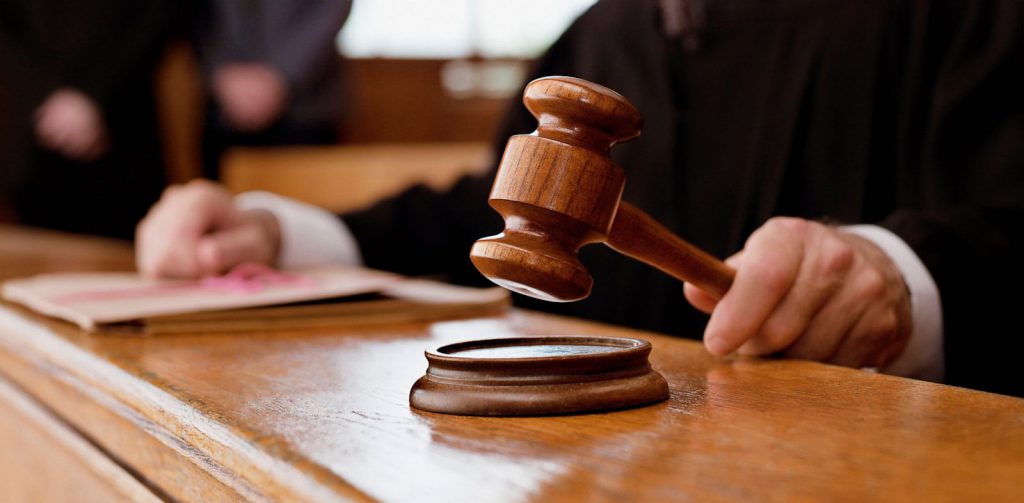
What if your appeal is rejected at the tribunal?
If your appeal is rejected at the tribunal, the adjudicator’s decision is final and you will be required to pay the Penalty Charge Notice.
However, there is an opportunity to ask for the adjudicator’s decision to be reviewed.
While there is no automatic right to appeal the adjudicator’s decision, it may be reviewed in limited circumstances. These include:
- The decision was made in error by our administrative staff
- You were unable to attend or be represented at the hearing for a valid reason
- New evidence has been discovered that could not have been reasonably known or foreseen before the decision
- The interests of justice require a review
It is important to note that an adjudicator’s findings of fact are typically considered final and will only be overturned if they are clearly incompatible with the evidence presented. Disagreement with these findings is not a sufficient reason for a review.
A review will only be granted if the adjudicator determines that one or more of these conditions are met. Please note that a review is not a second chance to appeal. It will not be granted simply because you disagree with the adjudicator’s decision.
However, you do have the option to take further legal action by asking for a judicial review, but this can be a lengthy and costly process.
Take a look at the Key Cases from London Tribunal or Traffic Penalty Tribunal to see cases which have been reviewed as a result of adjudicator decisions being challenged.
Conclusion
In conclusion, challenging a Penalty Charge Notice is a multi-step process that requires careful attention to detail and strong evidence to support your case.
It is important to remember that you have the right to appeal a Penalty Charge Notice, and by doing so, you may be able to avoid paying the charge or have it reduced.
However, if your appeal is unsuccessful, you will have to pay the full Penalty Charge Notice amount and that will close the case.
If you ignore a penalty charge notice, it will progress through the enforcement stages of Charge Certificate and Order for Recovery and could result with bailiff enforcement.
So, our recommendation is always to respond to the notice you have received and never to ignore.
Challenge Penalty Charge Notice
Check your penalty charge notice and receive an appeal letter for only £4.99